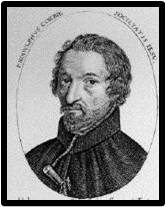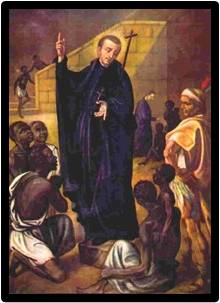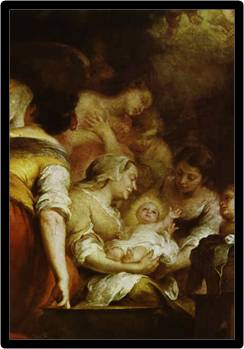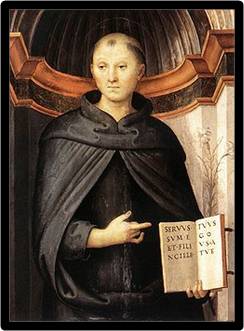SEPTEMBER 7 - BLESSED JOHN DUCKETT AND BLESSED RALPH CORBY

John Duckett was an Englishman, who may have been the grandson of the martyr James Duckett.
Father John studied at the English college of Douay in France and became a priest in 1639. He studied for three more years in Paris, spending several hours each day in prayer.
He spent two months with the Cistercian monks, offering that time to God in prayer and retreat before he was sent back to his persecuted England.
The young priest worked hard for a year teaching people about the Catholic faith in England, but one day when he was on his way to baptize two children, he was caught with the holy oils and book of rites.
When his captors threatened harm to his family and friends if he did not tell them who he was, he admitted that he was a priest. He was immediately taken to prison in London.
There he met a Jesuit priest, Ralph Corby. Father Corby had worked in England for twelve years before they caught him celebrating Mass one day.
The Jesuit order tried hard to save Father Corby. When they finally gave him pardon, he insisted that Father John Duckett who was younger, be set free instead of him. But Father John refused to leave without his friend.
Then on September 7, 1644, at ten o’clock, the two priests were taken to Tyburn, to be executed (killed). Their heads were shaved and they wore their cassocks (long robe worn by priests). Each made a short speech, then embraced each other. They would meet again in heaven before God.



